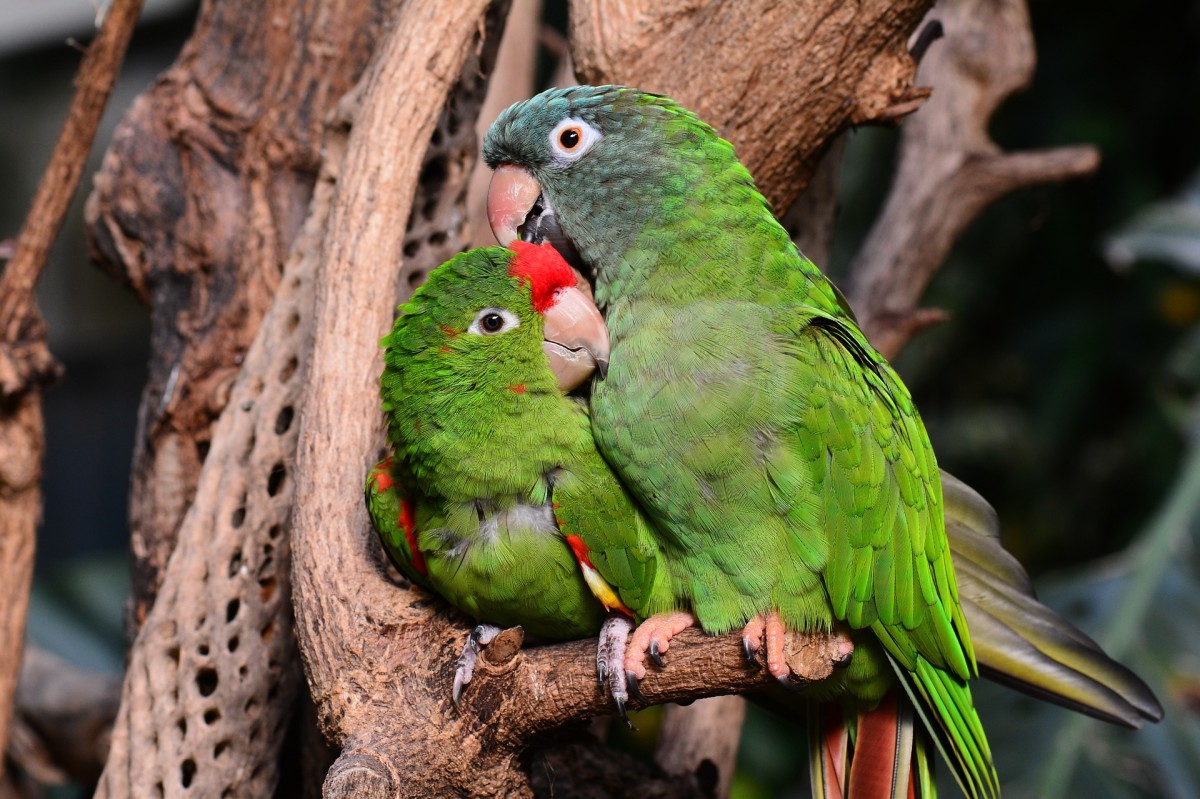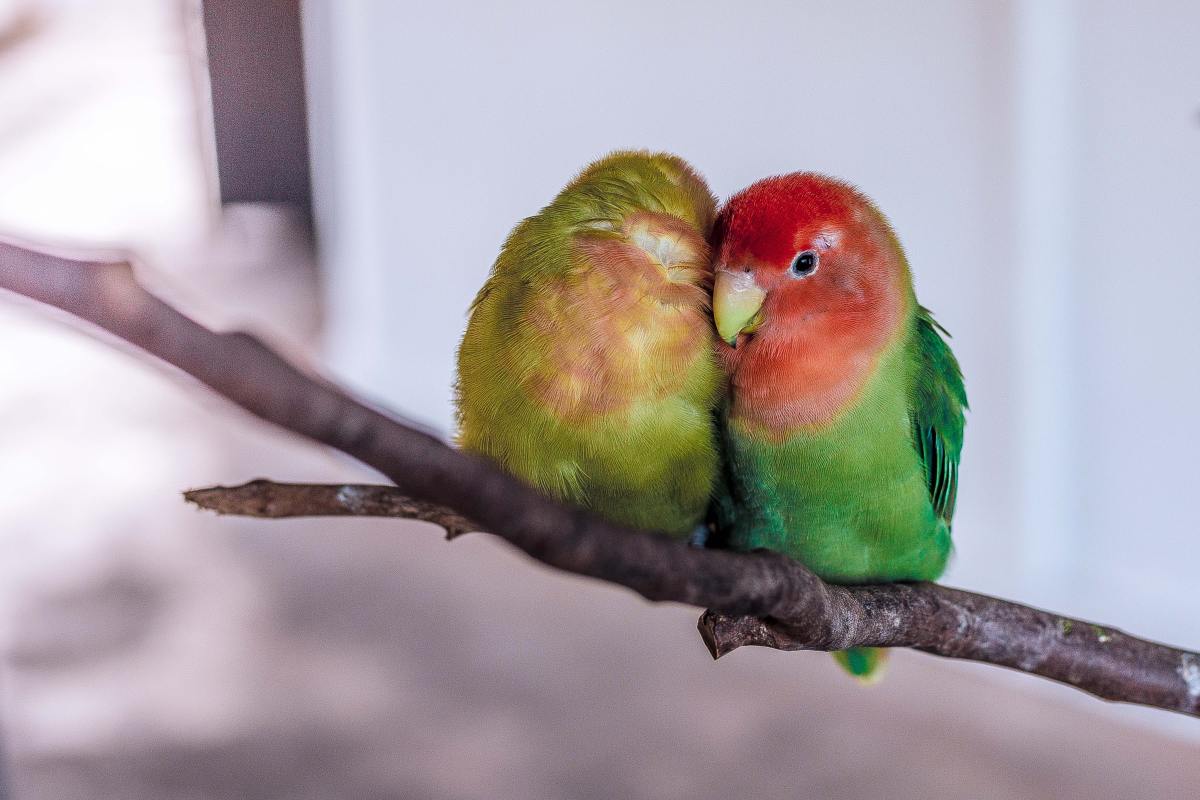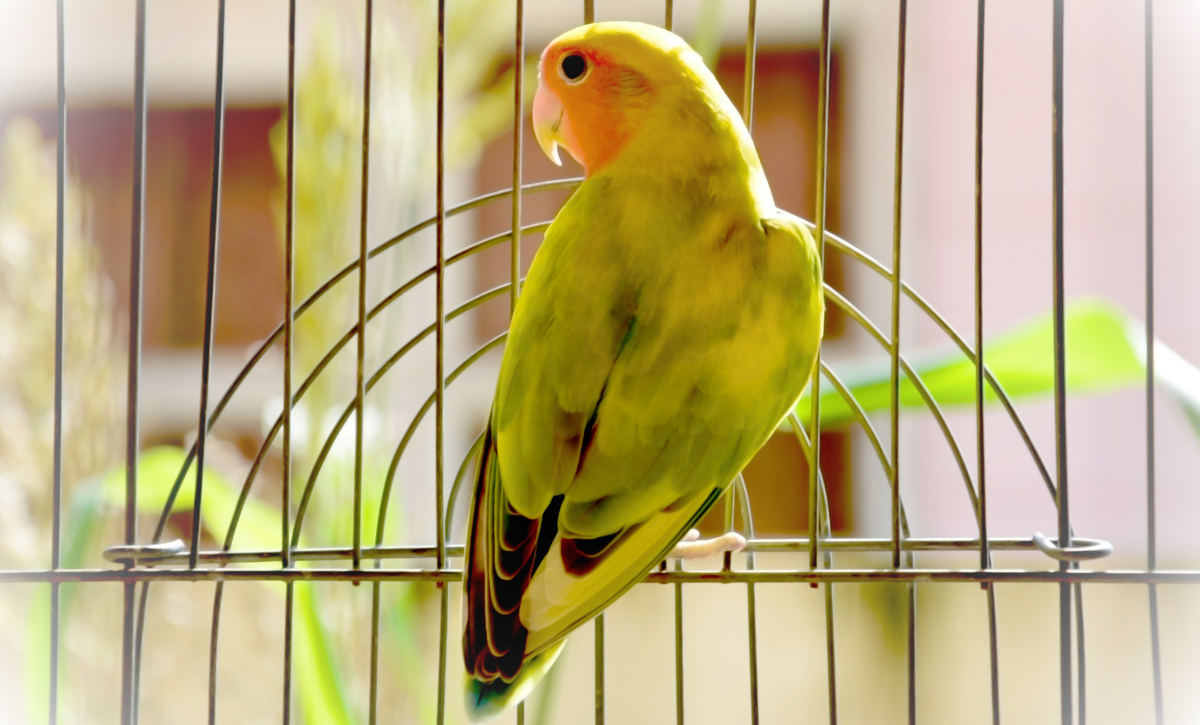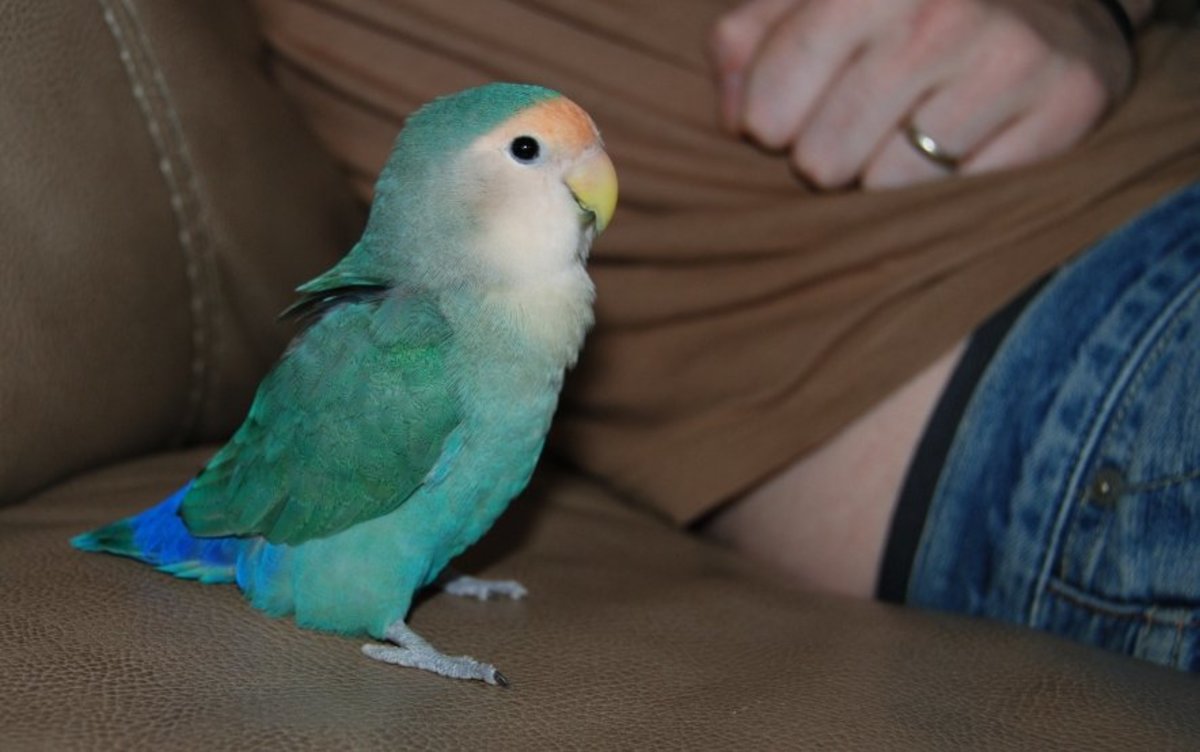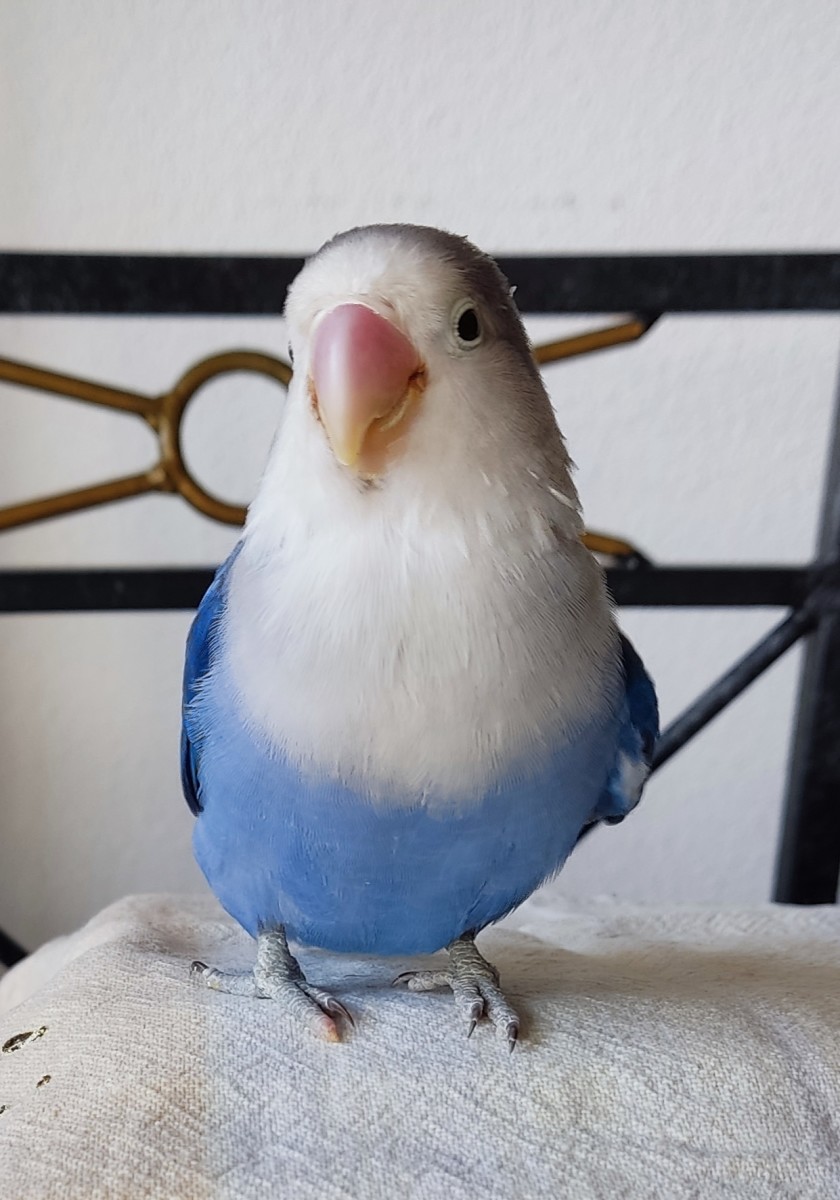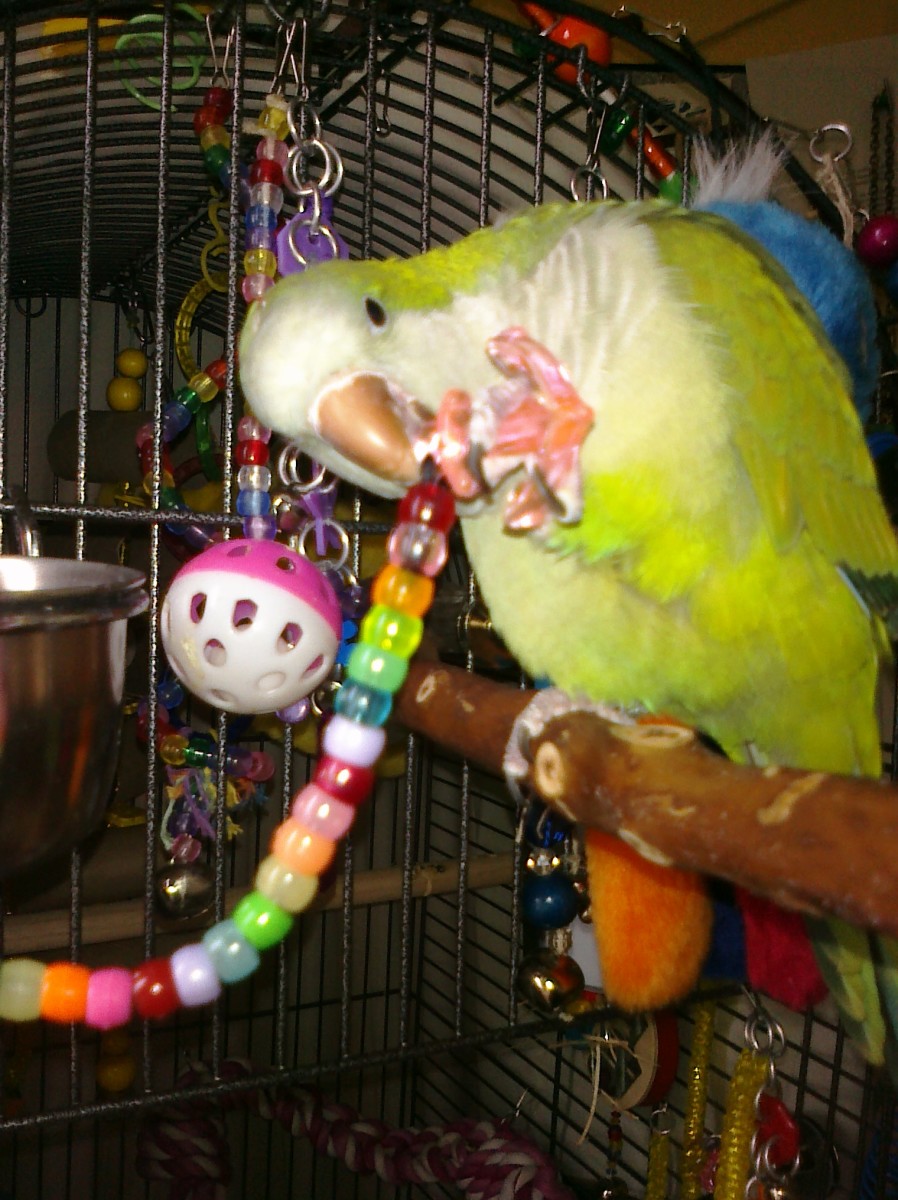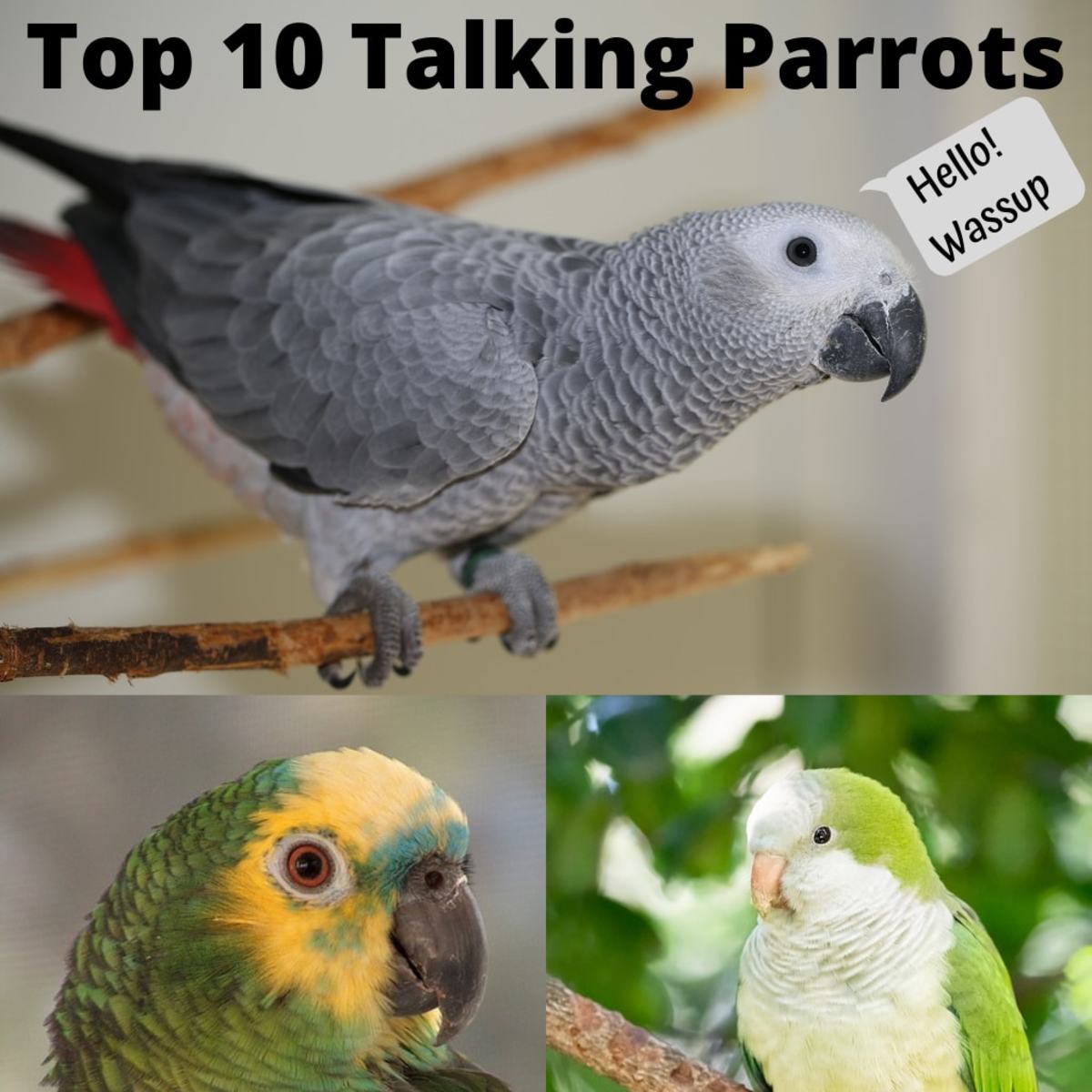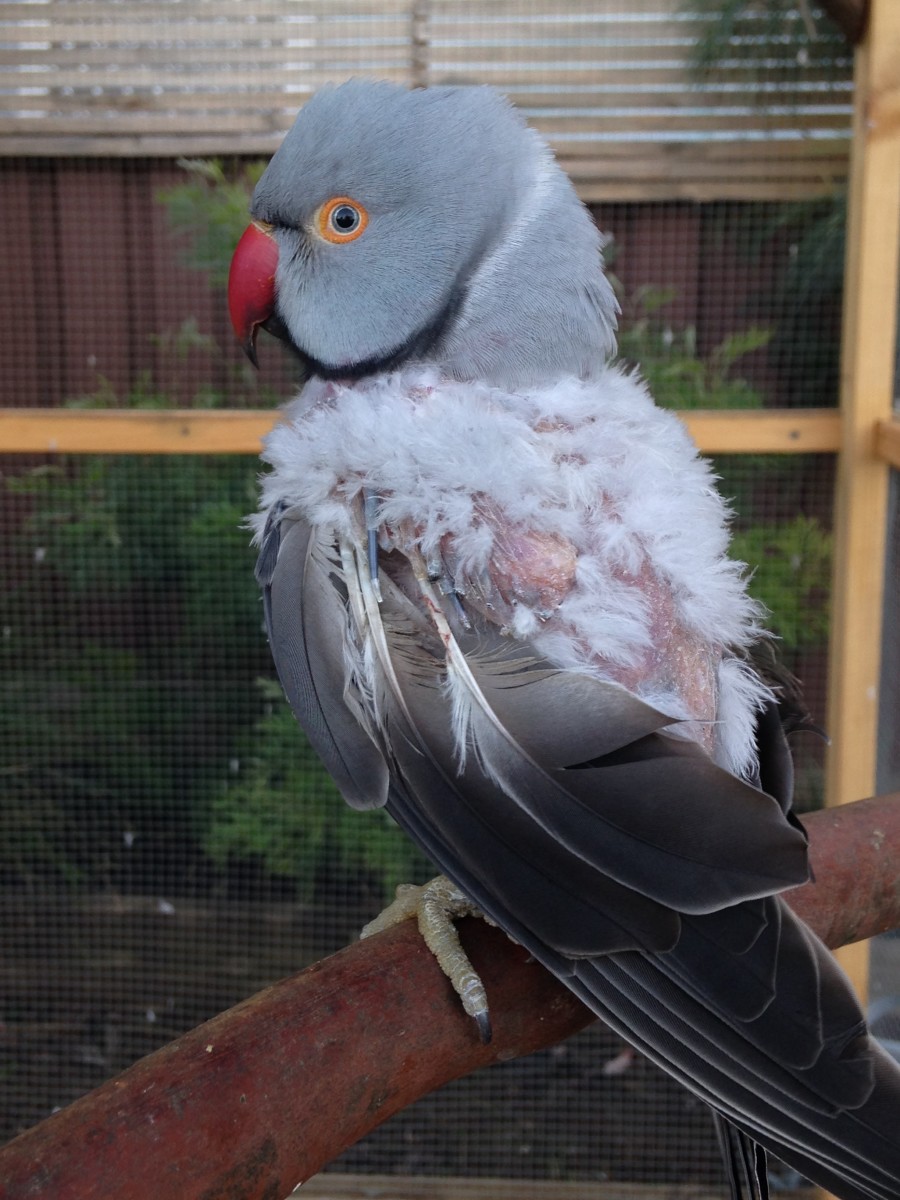What to Do When Your Lovebird Dies Suddenly: A Personal Guide
My Female Lovebird Juju Passed Away
One moment she was chirping happily, hopping from perch to perch. The next, she collapsed—silent, still, and heartbreakingly gone.
Juju, my beautiful, sweet lovebird, passed away without warning. There were no visible signs of illness, no odd behavior, no time to prepare. She just… left.
If you’re reading this after losing your bird suddenly, please know this: I understand. It’s a devastating, confusing, and deeply emotional experience. You’re not alone, and this guide is for you. Whether you're looking for answers, comfort, or simply a space where your grief is validated, I hope these words help you take the first steps forward.
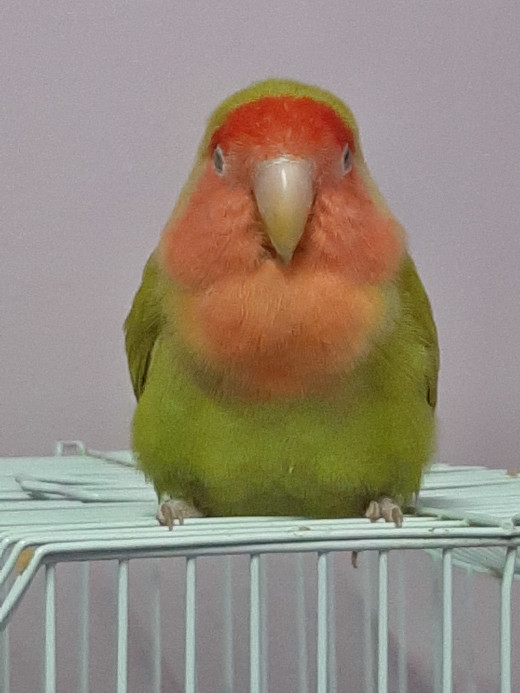
What to Do Immediately After Your Bird Passes
Losing a bird suddenly often throws you into a state of shock. Here’s what helped me handle the immediate aftermath with tenderness and care:
- Check for signs of life. Sometimes birds can appear lifeless but may still have faint signs. Look gently for a heartbeat, movement, or breathing. Sadly, in Juju’s case, there were none.
- Wrap them in something soft. I wrapped Juju in a clean cloth and placed her gently in a small box. It helped me feel like I was still caring for her, even in her final moments.
- Keep them cool. If you're planning to bury your bird or take her to a vet for a check-up or necropsy (a post-mortem exam), it’s best to place the box in a cool, quiet space.
- Let yourself sit with the loss. You don’t have to jump into decisions or clean the cage right away. I sat beside her box and cried and that was okay.
What Causes Sudden Death in Lovebirds?
One of the most painful parts of losing a bird like this is not knowing why. Birds hide pain and weakness as a survival instinct—so by the time symptoms show, it’s often too late.
Here are some possible reasons lovebirds pass away suddenly:
- Heart failure or stroke – Just like humans, birds can suffer fatal cardiac events without warning.
- Egg binding – A dangerous condition where a female bird can’t pass an egg. It was what weakened my earlier lovebird, Lulu.
- Toxic exposure – Non-stick cookware (Teflon), scented candles, air fresheners, and aerosol sprays can be lethal to birds. Even small doses can affect their delicate systems.
- Infections or parasites – Some illnesses show no outward signs until it’s too late.
- Stress or trauma – Loud noises, predator scares, or other sudden environmental shocks can contribute to sudden death.
In Juju’s case, I don’t know what caused it. She seemed healthy, her feathers fluffed only slightly, and she was affectionate and active before her collapse. It still haunts me. But I’ve slowly come to terms with the reality that sometimes, we don’t get the answers. That doesn’t make the grief any less real.
Grieving the Loss of a Lovebird
I never expected that such a small creature could take up so much space in my heart — or leave behind such a heavy emptiness. But Juju did. She was with me for 6 years.
People may not understand why you're so affected. They might say, "It was just a bird." But don’t let those words diminish your pain. Grief doesn’t come in sizes based on species.
- Cry freely – I did, many times: in the middle of the night, while cleaning the cage, and every time I saw Mumu looking for her.
- Talk about it – Even if it’s just to yourself. I spoke to Juju after she passed. I thanked her for the joy she brought me. I even apologized if any of my actions had hurt her unknowingly.
- Create a memory corner – I framed a photo of her and placed her favorite toy beside it. This small act gave me peace.
- Write it out – This article is part of my healing. Putting Juju’s story into words helps keep her spirit alive.
Supporting Your Other Bird After a Sudden Loss
Mumu, my male lovebird, was Juju’s constant companion for 6 years. They sang together, cuddled, and preened each other. After she passed, he went quiet. He sat still for long stretches. His chirps were softer—less joyful.
Just like us, birds grieve.
Here’s how I helped Mumu cope:
- Gave him extra attention – I talked to him gently and let him perch on me more often than usual.
- Kept his routine consistent – Birds feel secure with predictable schedules.
- Played calming sounds – Soft music and nature sounds helped fill the silence Juju left behind.
- Introduced Tutu slowly – After a couple of days, I introduced him to a new companion, Tutu. Luckily, the transition was quick, but sometimes it may take time for both the birds to accept each other.
Be gentle with your surviving bird. They may not show grief the way we do, but they feel it.
Supporting My Male Lovebird Mumu
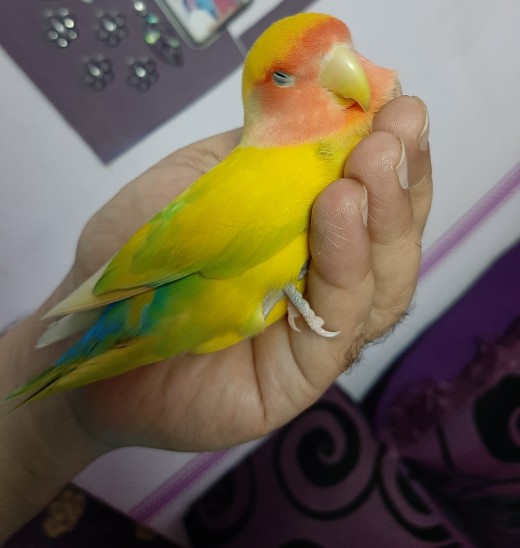
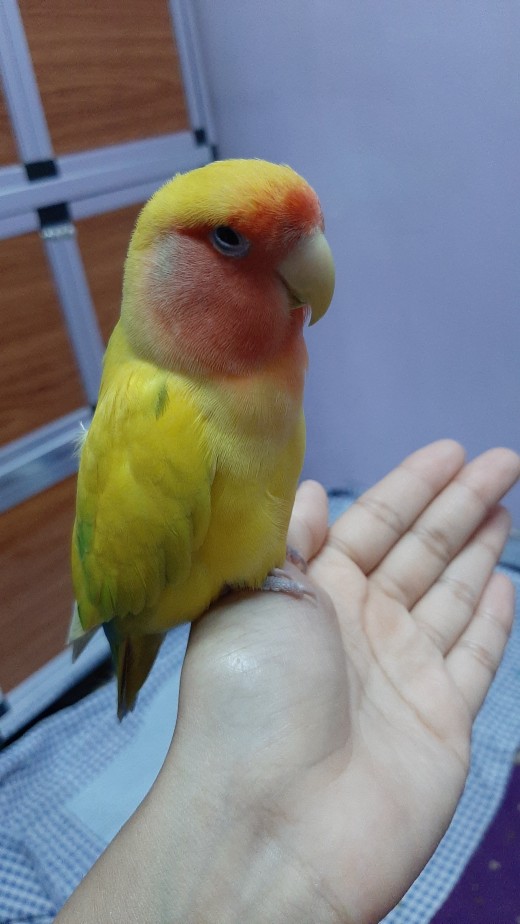
Lovebird Mumu Meets Lovebird Tutu For the First Time
The New Companion Tutu
Mumu's new companion, Tutu is around 6 months old. She is a nature lover since day one. One of her favorite activities is to sit on different potted plants and play with the soil and leaves. Full of energy, this little ray of sunshine, loves to play, fly and even doze off right at the next minute! She definitely knows how to make us smile by her quirky antics.
Tutu, much younger than him, looked upon Mumu as a savoir in a new surrounding. She followed him everywhere and learned how to reach his favorite spots along with him after several tries.
Lovebird Tutu
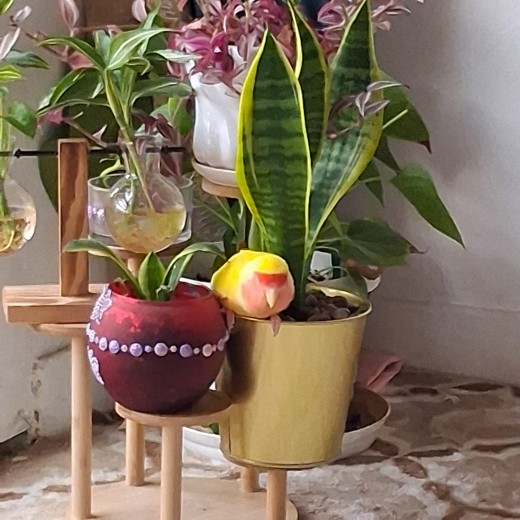
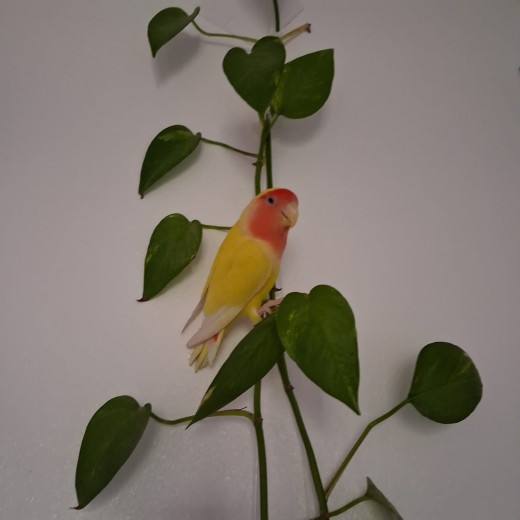
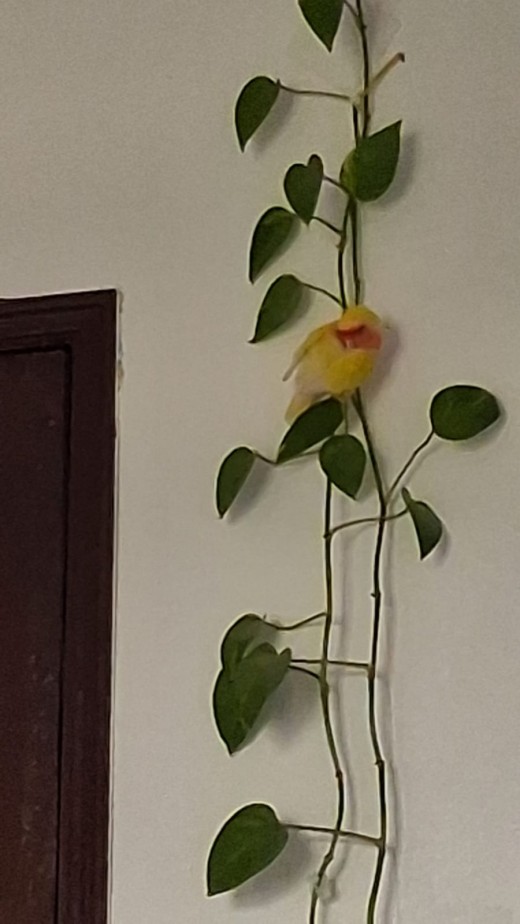
Lovebirds Bonding
Since Tutu's arrival, Mumu snapped out of his dejected state and accepted her excitedly. Much to my relief, they bonded on the first day and there was no looking back. Usually, letting two birds stay in the same cage takes time. Earlier, I used to place them side-by-side in separate cages so that they could observe each other. But, we shifted Tutu to Mumu's cage the next day as there seemed no risk and they have been inseparable.
Even though Tutu is part of our lives now, I will take time to come to terms with Juju's sudden passing away.
Honoring Your Lovebird's Memory
Grief is love that no longer has a home. One way to cope is to give that love a new form.
Here are some gentle ways you can honor your bird:
- Frame their photo or create an online tribute
- Write their story — even if it’s just in a journal
- Plant a small flower or tree in their memory
- Donate to a bird rescue or shelter in their name
- Talk to others who’ve gone through the same loss
If you’ve lost a lovebird recently, I invite you to share your story in the comments. Juju’s memory lives on in these words — and I’d be honored to read about yours.
Final Words: You're Not Alone
If you’ve read this far, please know that I’m sending you a virtual hug. Losing a bird suddenly is one of the most heartbreaking experiences a pet parent can endure.
Whether you're dealing with guilt, confusion, or aching sorrow, your feelings are real and valid.
Let yourself grieve. Let yourself remember. And most importantly, let yourself heal — in your own time.
Juju, thank you for the chirps, the cuddles, and the love. You’ll never be forgotten.
You Will be Missed, Lovebird Juju
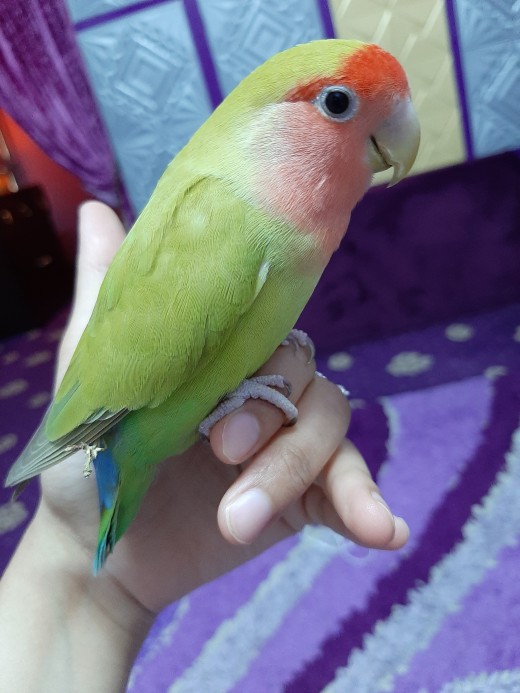
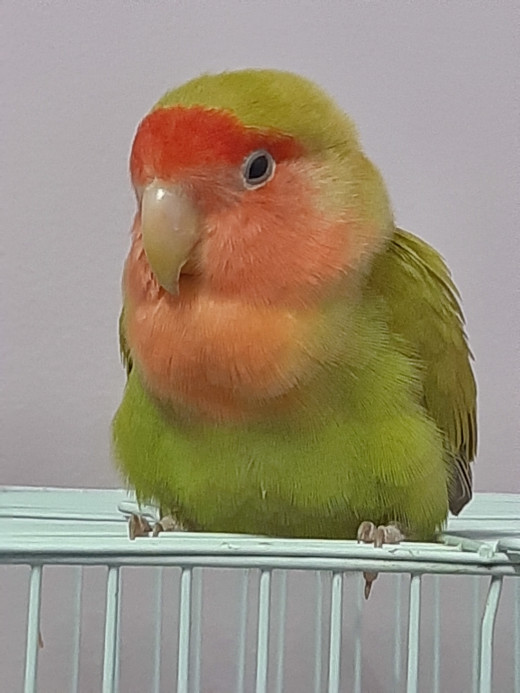
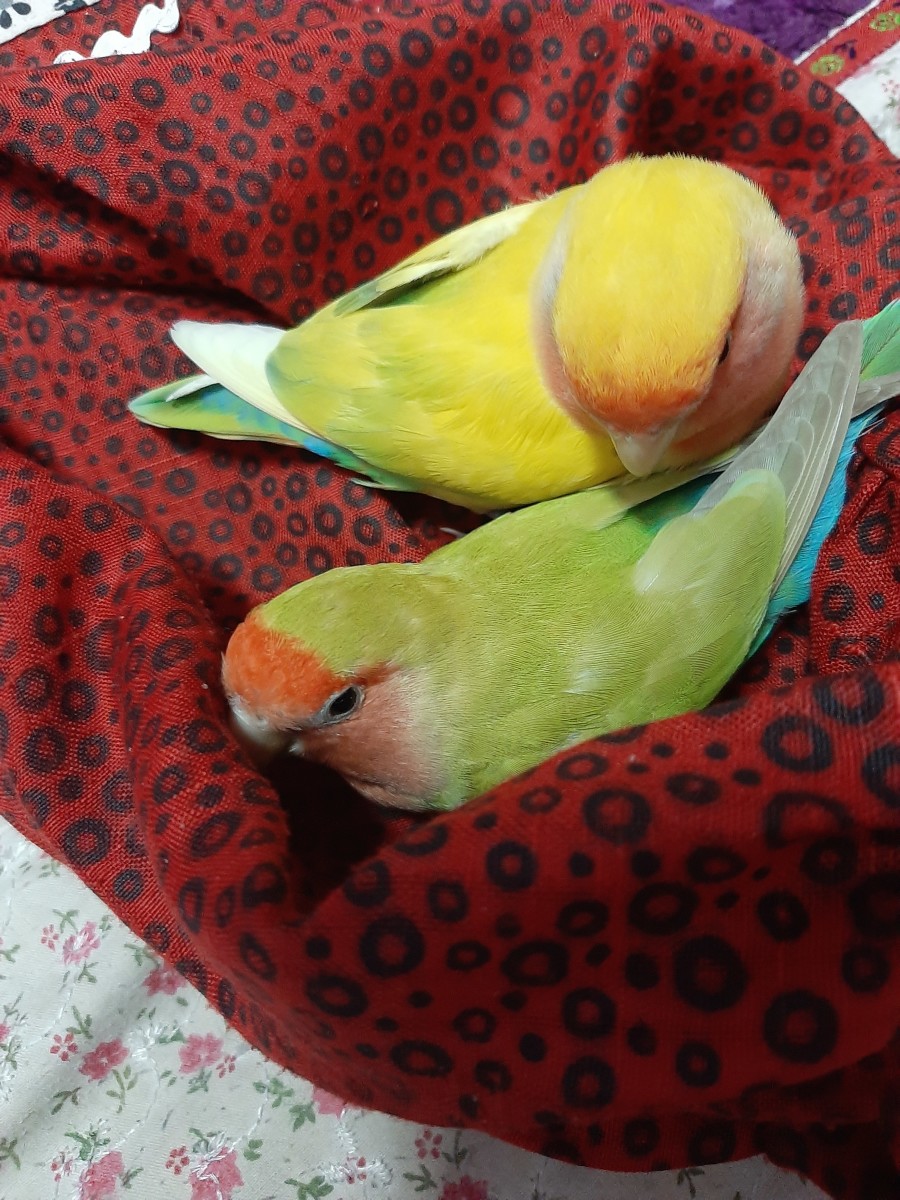
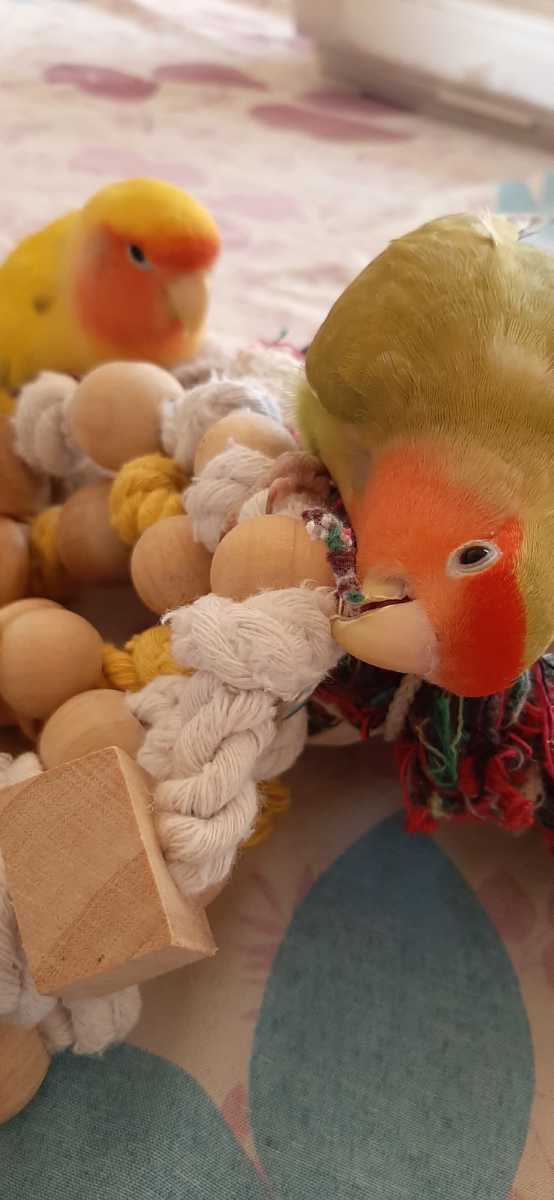
This content is accurate and true to the best of the author’s knowledge and is not meant to substitute for formal and individualized advice from a qualified professional.
© 2025 Sakina Hamza Paniwala

